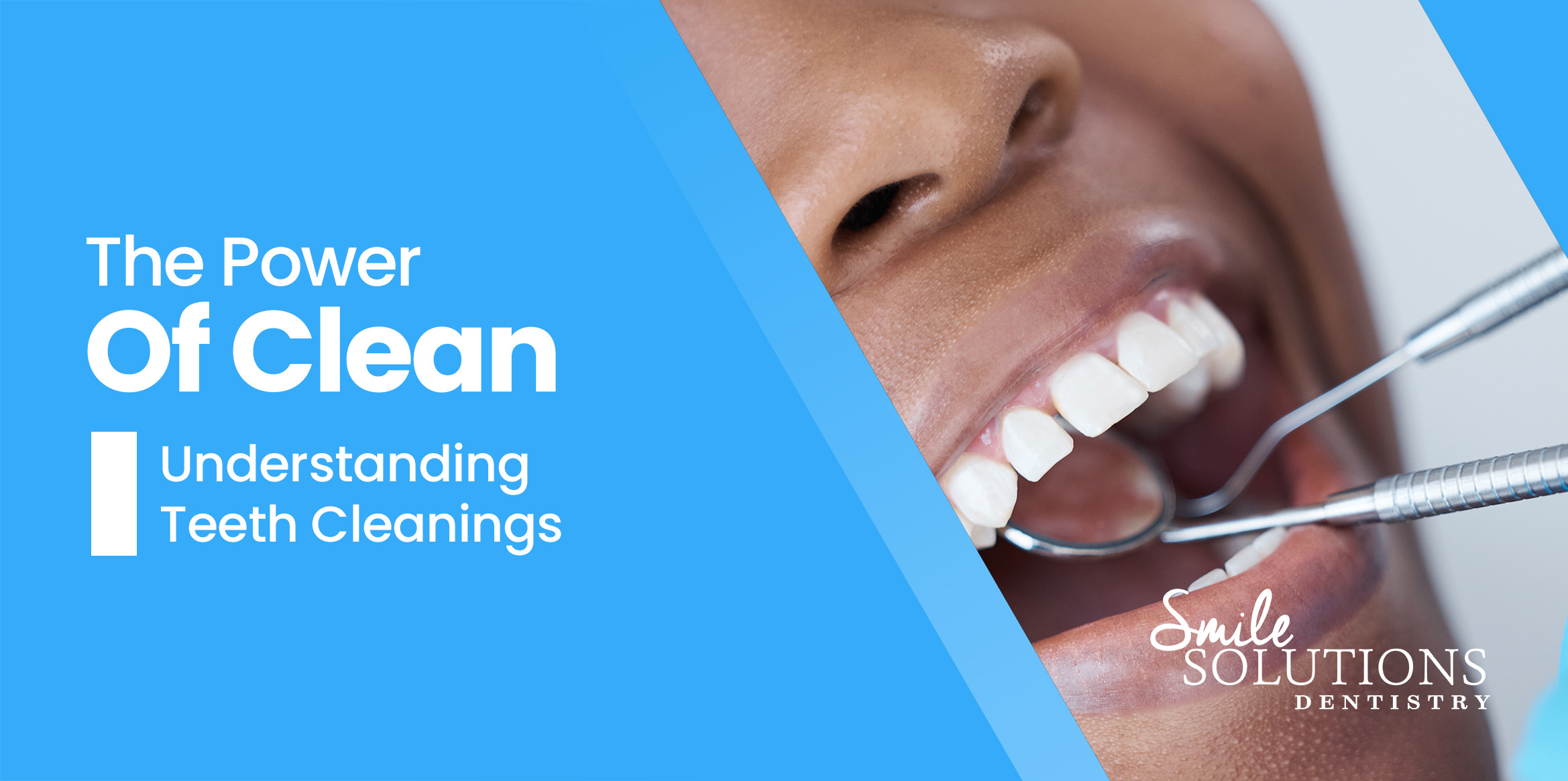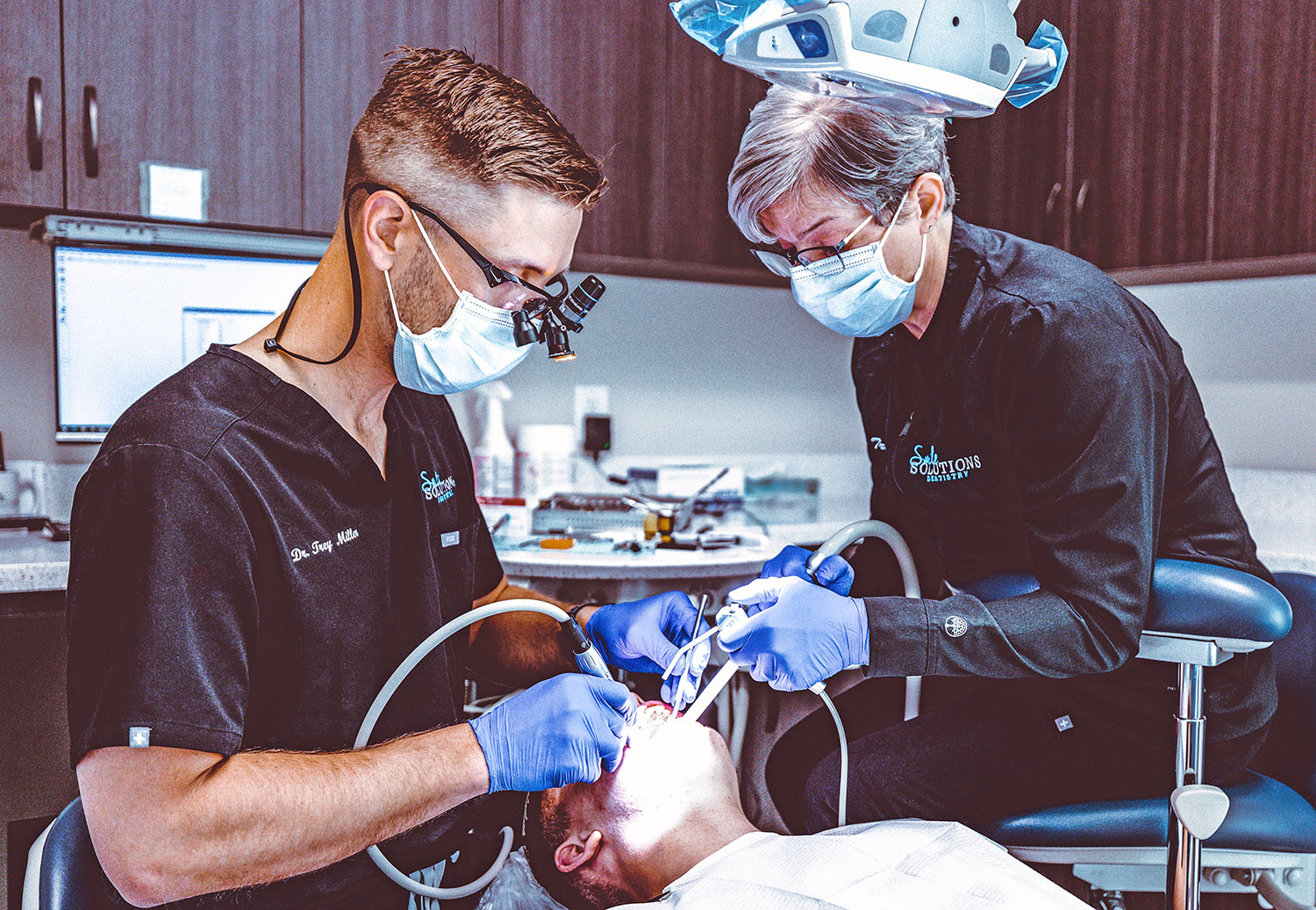The Power of Clean: Understanding Teeth Cleanings
When it comes to oral health, one of the cornerstone practices is regular teeth cleanings. While most of us are aware of the basic reasons behind this routine dental procedure, there are some lesser-known facts that shed light on just how vital these cleanings are for maintaining a bright and healthy smile.
Little Known Fun Facts about Teeth Cleanings
Plaque, the Sneaky Culprit:
Did you know that plaque, a sticky film of bacteria, can start forming on your teeth just minutes after eating? Regular cleanings help remove this plaque before it hardens into tartar, which can lead to cavities and gum disease.
Beyond the Teeth:
While teeth cleanings primarily focus on the teeth themselves, they also involve cleaning along and below the gum line. This is crucial for preventing gum disease, as bacteria can accumulate in these areas and cause inflammation and infection.
Fresh Breath Booster:
Besides keeping your teeth and gums healthy, regular cleanings can also freshen your breath. By removing plaque and tartar buildup, which can harbor odor-causing bacteria, cleanings help maintain fresh and clean breath.
Early Detection Saves Smiles (and lives):
Dental professionals can often detect oral health issues early during a cleaning appointment. From cavities to signs of oral cancer, these routine check-ups play a vital role in catching problems before they escalate, potentially saving your smile.
Repercussions of Skipping Cleanings
Increased Risk of Cavities:
Without regular cleanings, plaque and tartar can accumulate on the teeth, leading to an increased risk of cavities. Over time, untreated cavities can cause pain, infection, and even tooth loss.
Gum Disease Development:
Skipping cleanings can also pave the way for gum disease. When plaque and tartar build up along the gum line, it can cause inflammation (gingivitis) and, if left untreated, progress to more severe forms of gum disease like periodontitis.
Persistent Bad Breath:
The buildup of plaque and tartar can contribute to persistent bad breath, also known as halitosis. Without professional cleanings to remove these deposits, controlling bad breath becomes more challenging.
Increased Dental Expenses:
Preventive dental care, including regular cleanings, is far more cost-effective than treating advanced dental problems. Skipping cleanings may lead to the need for more extensive and expensive dental treatments down the road.
Conclusion
Regular teeth cleanings are not just about maintaining a bright smile; they are essential for overall oral health and well-being. By understanding the importance of these routine appointments and the potential consequences of skipping them, you can prioritize your dental hygiene and enjoy a healthy, confident smile for years to come. Remember, prevention is key, so don’t forget to schedule your next cleaning with your dentist!




